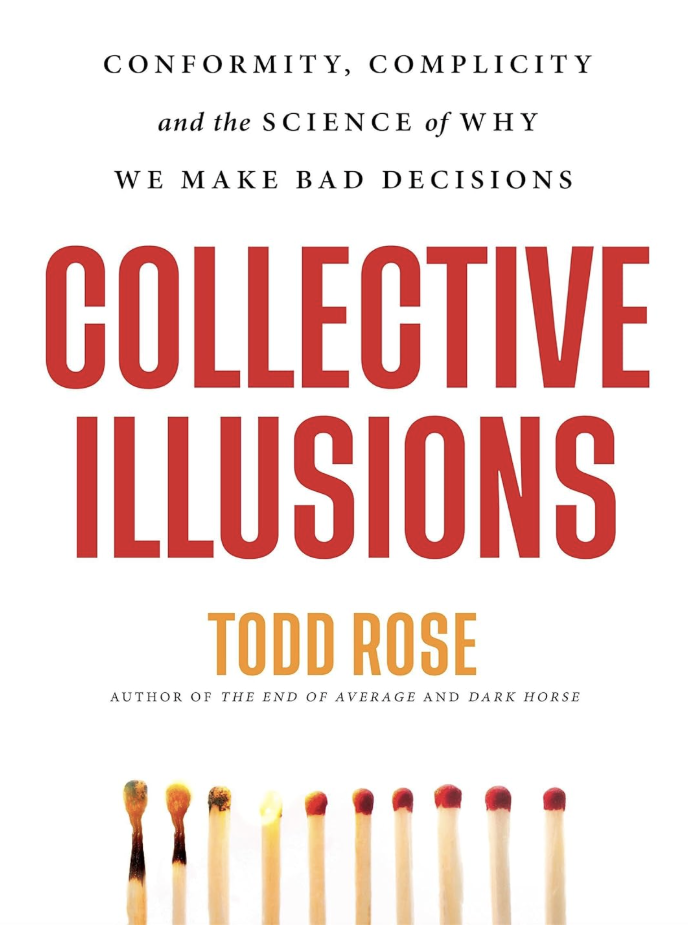Do you keep your promises?
The First Promise of Leadership Is the One You Keep to Yourself
There’s a truth in leadership that doesn’t get talked about nearly enough: If you don’t keep the commitments you make to yourself, how can you expect others to trust and follow you?
We spend so much time as leaders thinking about how to serve our teams, our organizations, and our stakeholders that we often sacrifice the very thing that sustains leadership, our word to ourselves.
The Quiet Commitments We Break
Leaders are masters at keeping their promises. We show up for meetings. We deliver on deadlines. We handle crises with grit and composure.
But what about the promises we make in private?
“I’ll protect time for strategic work.”
“I’ll take care of my health.”
“I’ll prioritize my own development.”
Those are the commitments most often pushed aside. The urgent always drowns out the important. And slowly, without noticing, leaders begin to erode the one thing their teams depend on most: trust.
Because here’s the paradox: if you can’t trust yourself to follow through, why should others?
Trust Starts With Self-Leadership
Leadership isn’t just about the commitments you make to your team; it’s about the ones you honor within yourself.
When you keep your word to yourself:
You role model discipline and integrity.
You signal that your word has weight.
You build credibility not just externally, but internally.
When you consistently break your word to yourself:
You train your brain to believe you can’t be trusted.
You normalize excuses.
You subconsciously give others permission to do the same.
People don’t just follow what you say. They follow what you live.
The Power of Role Modeling
Great leaders don’t simply preach accountability; they embody it.
If you expect your team to prioritize learning, let them see you learning.
If you demand accountability, show them accountability in your own work.
If you insist on strategic focus, protect your own strategic time with the same rigor you expect from others.
Every action becomes a signal. Every choice becomes a model. Every commitment you keep, to yourself and to others, becomes the foundation of trust your leadership rests on.
Reframing Commitments as Leadership Currency
Think of each commitment as a deposit.
To yourself.
To your team.
To your organization.
When you honor a commitment, you deposit trust, credibility, and influence into your leadership bank. When you break it, especially to yourself, you withdraw from the very account your people rely on.
It’s not about perfection. It’s about consistency. The leaders who rise aren’t the ones who keep every promise; they’re the ones who refuse to abandon the promises that matter most.
A Simple but Powerful Exercise
Write down one commitment you’ve been breaking with yourself.
Ask: If my team treated this commitment the way I do, would I respect them?
Decide: Will I honor it starting today, or stop pretending it matters?
This isn’t about willpower, it’s about alignment. It’s about leading yourself with the same clarity, respect, and intention that you give to others.
Your people aren’t just watching how you lead them.
They’re watching how you lead you.
Keep the promises you make to yourself. Protect your word like it matters, because it does.
Because leadership doesn’t begin when others follow. Leadership begins the moment you decide your word, especially to yourself, cannot be broken.
👉 What’s one commitment to yourself that you need to honor this week?
“If your word doesn’t matter to you, it won’t matter to anyone you lead.”
Resources to Dive Deeper
The 7 Habits of Highly Effective People – Stephen R. Covey: A core framework on personal integrity and keeping private victories before public ones.
Dare to Lead – Brené Brown: Vulnerability, boundaries, and the kind of self-honesty teams actually trust.
Atomic Habits – James Clear: How to build tiny, reliable promises to yourself so integrity becomes your default.
Coaching for Leaders (podcast) – Dave Stachowiak: Practical episodes on self-management, modeling accountability, and leading by example.
The Look & Sound of Leadership (podcast) – Tom Henschel: Short, tactical episodes on executive presence and doing what you say you’ll do.
Collective Illusions by Todd Rose
Leaders often assume nodding heads mean alignment. Todd Rose shows why that’s dangerous. Collective Illusions reveals how we privately disagree yet publicly conform because we believe “everyone else” thinks differently. The result is a culture that rewards compliance, punishes candor, and slows real progress.
This is a timely read for any leader working to unstick teams. Rose offers accessible science and practical moves: make private beliefs visible, normalize dissent, and design rituals that reward truth over performance. If you want a playbook for turning quiet skepticism into shared conviction, start here.
Consider how many different pieces of content you see in any given week. See something that resonates with you? Share it with us to feature it in our Social Media of the Week section.
“Every kept commitment is a deposit in the trust account of your leadership.”
— Leadership Mastery Network








